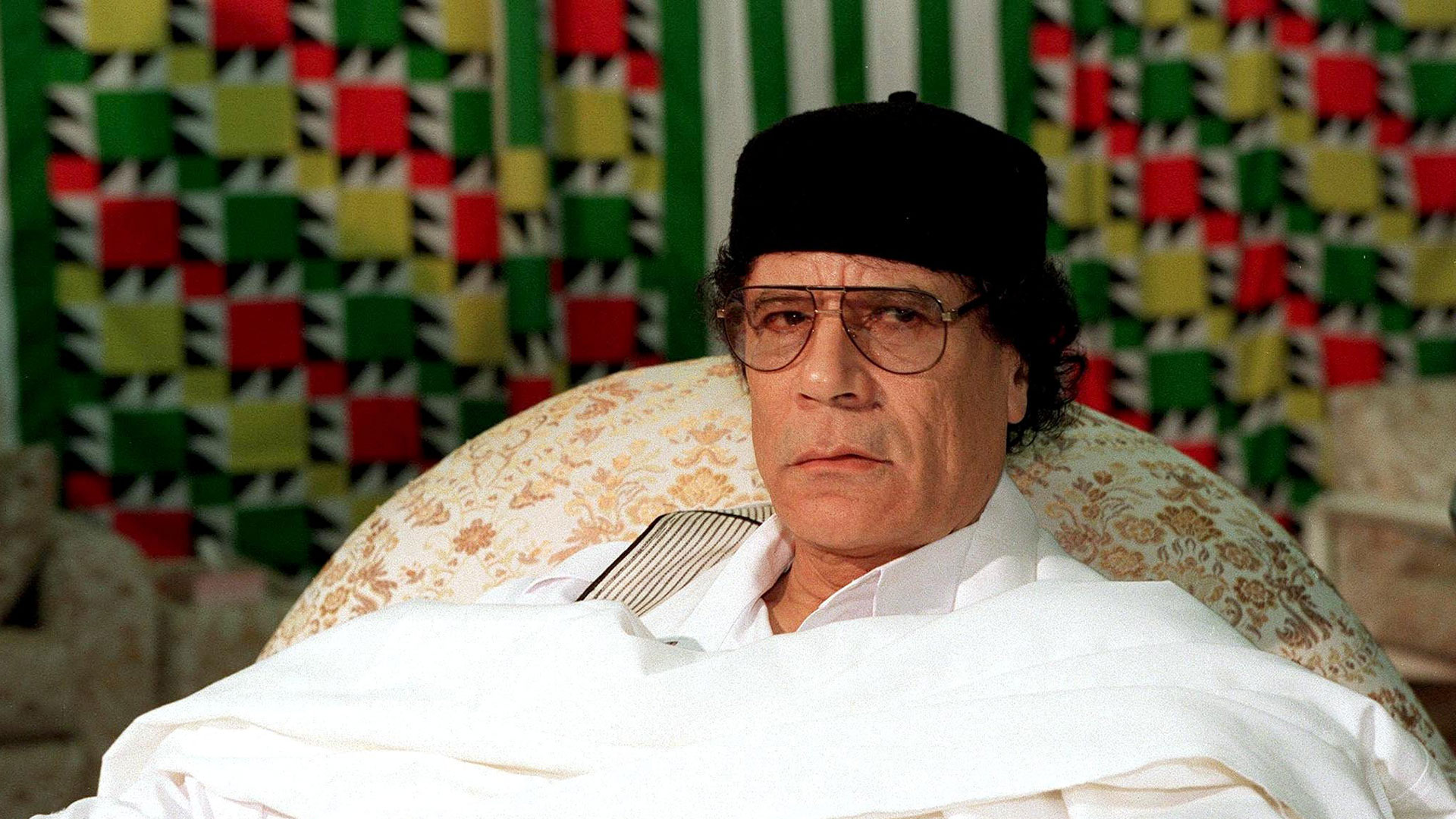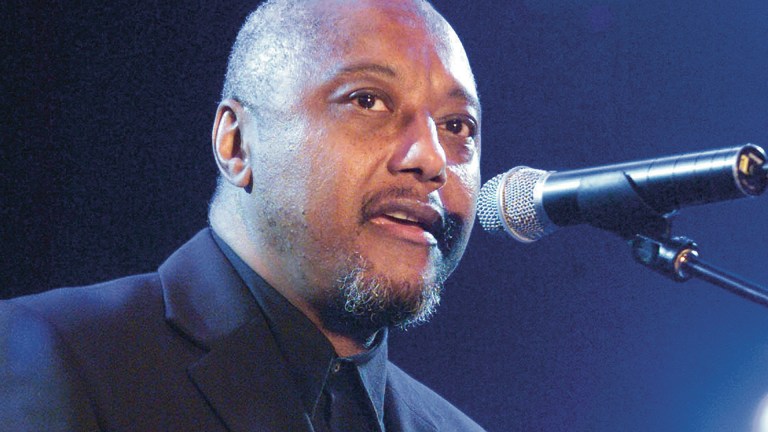Adam Curtis has been looking through the BBC archives. Again. Britain’s most intriguing documentary-maker spends much of his working life sifting through old, often unused, footage from news items, investigative reports, arts and entertainment shows. He splices it together to make something strange and new – big, ambitious, sometimes puzzling visual lectures that try to make sense of who we are, where we have come from and where we are going.
Curtis has been gathering footage on Colonel Gaddafi, the former Libyan leader, a figure he finds all sorts of significance in, a figure he has struggled to let go of. “I almost think the Gaddafi story could be a musical, actually – a beautiful musical because in the end you feel a bit of sympathy with him,” he says.
“I find it astonishing – the creepiness and hypocrisy the West displayed toward Gaddafi, raging from politicians, to journalists, to radical leftists. They all picked him up, reinvented him, then dropped him, depending on what they required at the time. Gaddafi craved attention. So when people came along and said, ‘We want you to be a terrorist mastermind,’ he actually played along with that. And for a while when they said, ‘We don’t want that now,’ he played along too.”
We project on to the Middle East our own insecurities, and so we don’t really see what’s going on there
Curtis is preparing material for a talk at this year’s BBC Arabic Festival on western perception of the Arab world. He is also hosting the opening ceremony of the week-long movie and documentary showcase, and is excited by the quality of journalism and film-making now flourishing in the region.
“It’s a really good thing,” he says. “It’s people being allowed to share their own stories. It’s exactly what hasn’t been allowed to happen for the last 40 or 50 years because the sort of journalism that dominated was really the anxieties of a western elite projected on to the Arab world and the Middle East more generally. It’s what we tend to do – we project on to the Middle East our own insecurities, and so we don’t really see what’s going on there.”
Having traced the West’s strange, distorted attitudes toward the Middle East in several of his best-known films, including, most recently, HyperNormalisation (still available on BBC iPlayer) – Curtis understands how skewed our vision of foreign threats has been since 9/11. In The Power of Nightmares he detailed the invention of an outsized, all-powerful network in al-Qaeda, while in Bitter Lake, he argued that the US and UK misled themselves into labelling one side of every local tribal dispute part of a coherent force called the ‘Taliban’.









